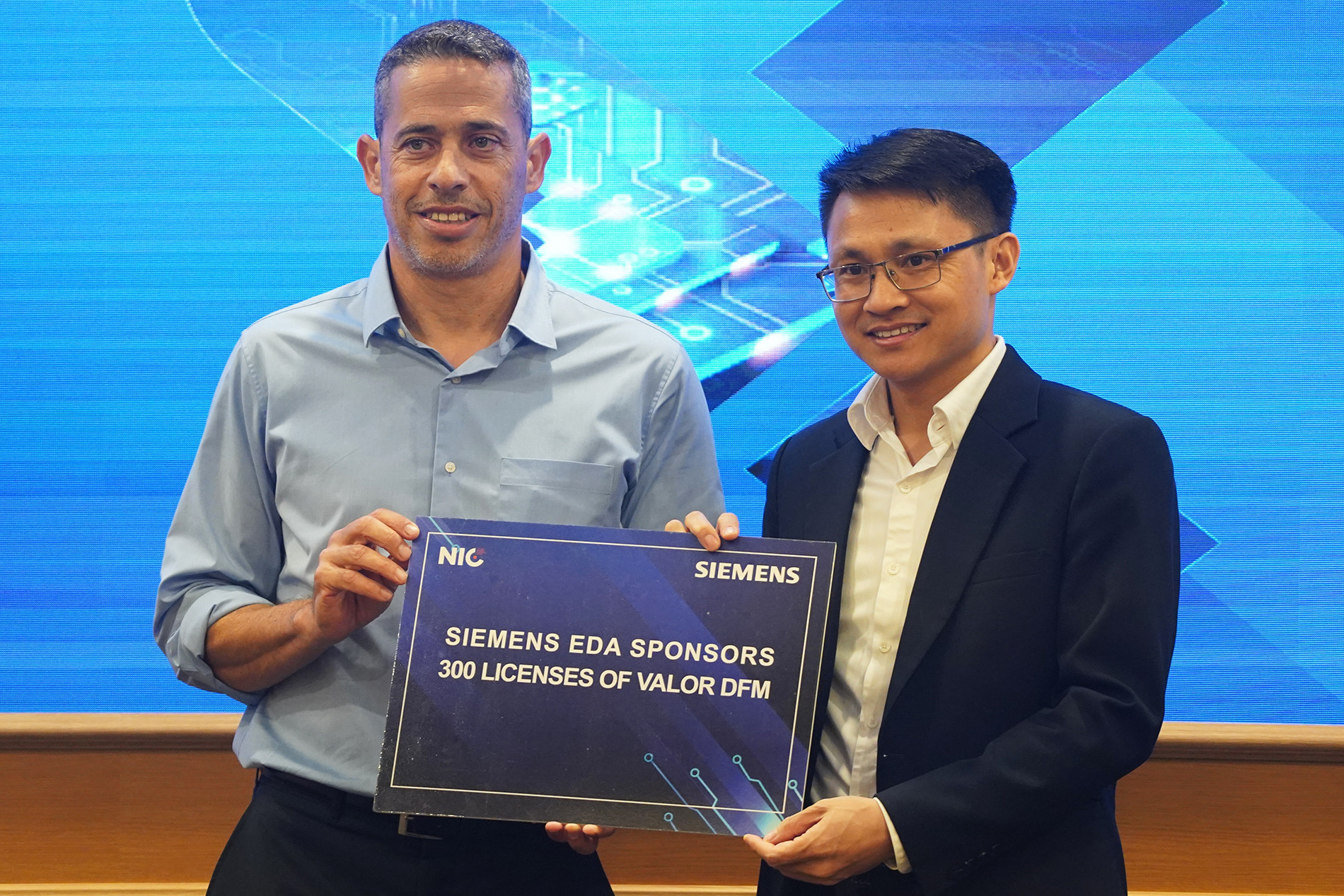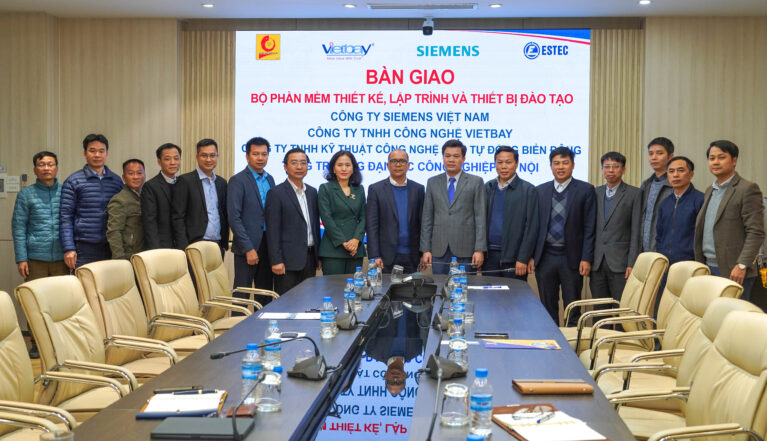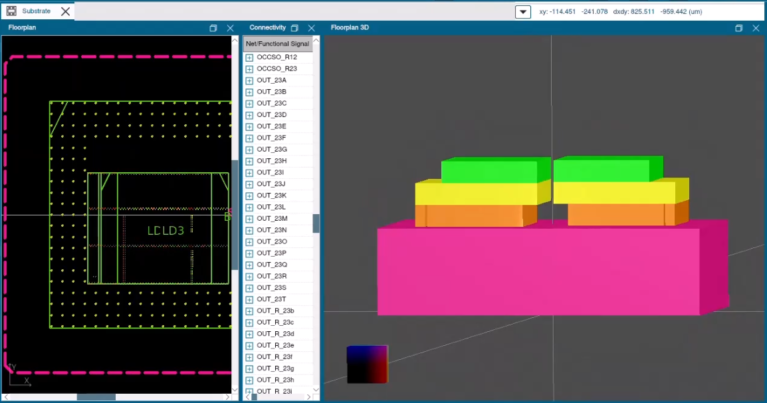Vietnam has embarked on a strategic initiative to strengthen its semiconductor industry by launching a comprehensive training program for university instructors in chip design.

On the afternoon of August 22, the National Innovation Center (NIC) under the Ministry of Planning and Investment launched a specialized training program for lecturers in integrated circuit (IC) design.
From now until October 2024, lecturers from 18 selected universities will undergo intensive training in IC design, guided by international experts. These universities were chosen as part of a broader initiative to develop human resources for Vietnam’s semiconductor industry.
Leading technology universities in Vietnam, including Hanoi University of Science and Technology, the Posts and Telecommunications Institute of Technology, Vietnam National University, and the Academy of Cryptography Techniques, will also receive software licenses for printed circuit board (PCB) design from Siemens. This support will enable these institutions to conduct research and nurture talent for the semiconductor sector.
Dam Thi Hong Lan, CEO of Vietbay Technology, noted that the initial IC design course was planned for 30 lecturers. However, the number of registrants doubled, reflecting a high demand and strong interest in semiconductor chip design training among university faculty.
Upon completing the course, Vietnam will gain a new cohort of lecturers and experts equipped with the latest global technologies. These trained professionals will be well-prepared to educate engineers and students, contributing significantly to the semiconductor industry both in Vietnam and globally.
The semiconductor industry is a cornerstone of the modern economy and a key driver of the technological revolution, supporting the development of many high-tech industries.

Vietnam is emerging as a new hub for the semiconductor industry, offering strategic geopolitical advantages, a young and tech-savvy workforce, modern infrastructure, and favorable investment policies that attract major global technology corporations.
To support the semiconductor industry’s growth, Vietnam is prioritizing substantial investment in high-quality human resources. This focus is essential for keeping pace with global technology trends and represents a proactive step towards establishing Vietnam’s position in the global semiconductor value chain.
Before launching the IC design course for lecturers, the National Innovation Center had already collaborated with leading technology firms like Qorvo, Cadence, ARM, and the Vietnam Innovation Network in Silicon Valley to organize several training programs in semiconductor chip design.
Deputy Minister of Planning and Investment Nguyen Thi Bich Ngoc emphasized that the semiconductor IC design instructor training program is a pivotal initiative that deepens collaboration between the government, academia, and industry. The collective goal is to train thousands of talented professionals for Vietnam’s semiconductor industry.
In this partnership, the government plays a facilitating role, universities serve as central pillars, and businesses provide support to enhance the quality of education, ensuring it meets market demands.
“This initiative is aimed at creating a ‘breakthrough of breakthroughs’ in the training of high-quality human resources. I am optimistic about Vietnam’s prospects in the global semiconductor value chain, and the dream of Vietnam making its mark on the global technology map is no longer far off,” Deputy Minister Nguyen Thi Bich Ngoc stated.
Source: Vietnamnet
Read more:
Contact us for free and detailed advice













